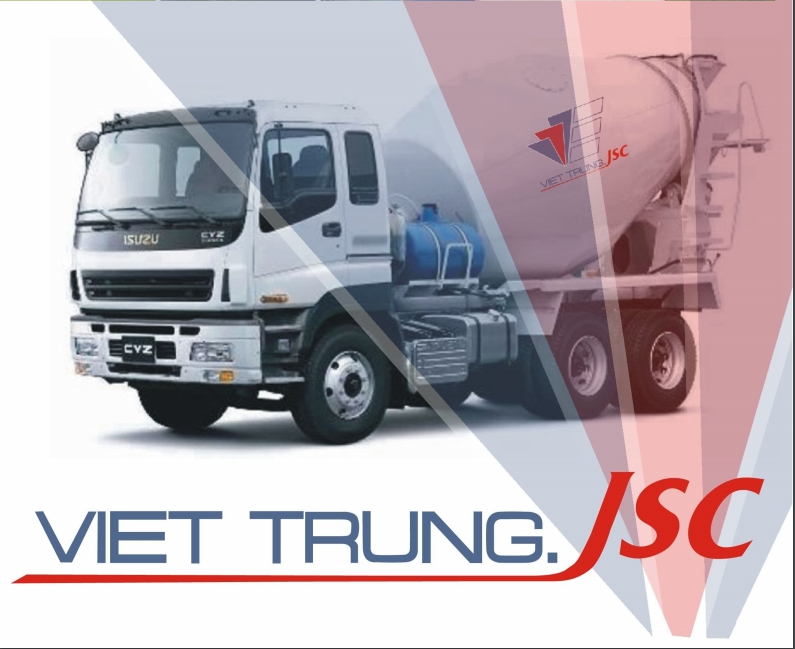Emerging Trends A Comprehensive Look at Business and Current News Developments.
- Emerging Trends: A Comprehensive Look at Business and Current News Developments.
- The Rise of Sustainable Business Practices
- Technological Disruption and Digital Transformation
- The Impact of AI on Various Industries
- Geopolitical Shifts and Global Economic Trends
- The Evolving Landscape of Work
- Supply Chain Resilience and Global Logistics
Emerging Trends: A Comprehensive Look at Business and Current News Developments.
In today’s rapidly evolving world, staying informed about business and current events is more crucial than ever. The constant flow of information, often labeled as ‘news‘, can be overwhelming, but understanding the key trends and developments allows individuals and organizations to make informed decisions. This article provides a comprehensive overview of emerging trends across various sectors, offering insights into the forces shaping our present and future. The aim is to distill complex information into accessible analysis, empowering readers to navigate the contemporary landscape with confidence.
The Rise of Sustainable Business Practices
Sustainability is no longer a niche concept but a core business imperative. Consumers are increasingly demanding products and services from companies committed to environmental and social responsibility. This shift is driving innovation in areas like renewable energy, circular economy models, and ethical sourcing. Corporations are responding by integrating sustainability into their core strategies, recognizing that it’s not just good for the planet, but also for their bottom line. Investors are also placing greater emphasis on Environmental, Social, and Governance (ESG) factors when making investment decisions.
The implementation of sustainable practices isn’t without its challenges. It requires significant upfront investment, and measuring the impact of sustainability initiatives can be complex. However, the long-term benefits, including enhanced brand reputation, increased customer loyalty, and reduced operational costs, make it a worthwhile endeavor. Companies that fail to adapt risk becoming obsolete in a market increasingly driven by conscious consumerism.
Here’s a look at some key indicators of sustainability performance:
| Carbon Footprint | Total greenhouse gas emissions caused by an organization. | Metric tons of CO2 equivalent |
| Water Usage | The amount of water consumed in operations. | Cubic meters |
| Waste Diversion Rate | Percentage of waste diverted from landfills. | Percentage |
| Renewable Energy Usage | Percentage of energy sourced from renewable sources. | Percentage |
Technological Disruption and Digital Transformation
Technology continues to disrupt industries at an unprecedented pace. Digital transformation is no longer optional but a necessity for organizations seeking to remain competitive. The adoption of technologies such as artificial intelligence (AI), machine learning (ML), and cloud computing is reshaping business processes, creating new opportunities, and challenging traditional business models. The rise of remote work, accelerated by recent global events, has further emphasized the importance of digital infrastructure and tools.
However, digital transformation is not merely about implementing new technologies. It’s about fundamentally rethinking how organizations operate, fostering a culture of innovation, and empowering employees with the skills they need to succeed in a digital world. Cybersecurity is also a paramount concern, as organizations become increasingly reliant on digital systems and data. Protecting sensitive information and preventing cyberattacks is critical.
Consider these key aspects of successful digital transformation:
- Data Analytics: Leveraging data to gain insights and make informed decisions.
- Cloud Computing: Migrating infrastructure and applications to the cloud for scalability and cost-effectiveness.
- Automation: Automating repetitive tasks to improve efficiency and reduce errors.
- Customer Experience (CX): Utilizing technology to enhance the customer journey.
The Impact of AI on Various Industries
The integration of Artificial Intelligence (AI) is fundamentally changing sectors ranging from healthcare and finance to manufacturing and retail. In healthcare, AI is utilized for disease diagnosis, drug discovery, and personalized medicine. In finance, AI-powered algorithms are employed for fraud detection, risk assessment, and algorithmic trading. Within manufacturing, AI optimizes production processes, enhances quality control, and predicts equipment failures. Furthermore, AI drives the personalization of customer experiences in the retail sector through targeted recommendations and chatbots.
Despite the potential benefits, the widespread adoption of AI also presents challenges. Concerns about job displacement, ethical considerations, and the potential for bias in AI algorithms need to be addressed proactively. Developing responsible AI frameworks and investing in workforce training programs are crucial steps to ensure that AI benefits society as a whole.
Here’s a breakdown of AI application by industry:
| Healthcare | Disease Diagnosis | Improved accuracy, early detection |
| Finance | Fraud Detection | Reduced losses, increased security |
| Manufacturing | Predictive Maintenance | Reduced downtime, increased efficiency |
| Retail | Personalized Recommendations | Increased sales, improved customer satisfaction |
Geopolitical Shifts and Global Economic Trends
Geopolitical tensions and global economic trends are creating uncertainty and volatility in the business environment. Trade wars, political instability, and pandemics can disrupt supply chains, impact consumer confidence, and create headwinds for economic growth. Organizations need to be agile and adaptable to navigate these challenges. Diversifying supply chains, developing contingency plans, and monitoring geopolitical developments closely are essential strategies.
The global economic landscape is also undergoing a significant transformation. The rise of emerging markets, particularly in Asia, is shifting the center of economic gravity. Changes in demographics, such as aging populations in developed countries and rapid urbanization in developing countries, are also impacting global demand and labor markets. Understanding these trends is crucial for businesses looking to expand into new markets and capitalize on emerging opportunities.
Understanding the global economic landscape involves the following:
- Monitoring Key Economic Indicators: GDP growth, inflation rates, unemployment figures.
- Analyzing Geopolitical Risks: Identifying potential threats to trade and investment.
- Assessing Currency Fluctuations: Understanding the impact of exchange rate movements.
- Tracking Trade Policies: Staying informed about trade agreements and tariffs.
The Evolving Landscape of Work
The nature of work is undergoing a dramatic shift. The rise of the gig economy, remote work, and automation is changing the traditional employer-employee relationship. Employees are demanding greater flexibility, purpose, and work-life balance. Organizations need to adapt to these changing expectations by offering flexible work arrangements, investing in employee development, and fostering a supportive and inclusive work environment.
The skills gap is another significant challenge. Many organizations are struggling to find employees with the skills needed to fill emerging roles. Investing in training and upskilling programs is essential to bridge the skills gap and ensure that the workforce is prepared for the future of work. Lifelong learning is becoming increasingly important, as individuals need to continually update their skills and knowledge to remain competitive in a rapidly changing job market.
Here are some trends shaping the future of work:
| Remote Work | Increasing number of employees working remotely. | Invest in remote work infrastructure, manage remote teams effectively. |
| Gig Economy | Growing reliance on freelance and contract workers. | Develop strategies for managing and engaging gig workers. |
| Automation | Automating routine tasks with technology. | Reskill employees to focus on higher-value tasks. |
| Skills Gap | Shortage of skilled workers in key areas. | Invest in training and upskilling programs. |
Supply Chain Resilience and Global Logistics
Recent global events have highlighted the vulnerability of supply chains. Disruptions caused by pandemics, natural disasters, and geopolitical tensions have exposed weaknesses in traditional supply chain models. Organizations are now prioritizing supply chain resilience, diversifying their sourcing, and investing in technologies to improve visibility and transparency. Building stronger relationships with suppliers and developing contingency plans are also crucial strategies.
Digitalization is playing a key role in enhancing supply chain resilience. Technologies such as blockchain, IoT, and AI are enabling organizations to track goods in real-time, identify potential disruptions, and respond quickly to changing conditions. The use of data analytics is also helping organizations to optimize inventory levels, reduce costs, and improve efficiency. Adaptability and transparency are keys to navigating the new normal in global logistics.
Strategies to build a resilient supply chain include:
- Diversification of Suppliers: Reducing reliance on single sources.
- Inventory Optimization: Balancing cost and availability.
- Real-time Visibility: Tracking goods throughout the supply chain.
- Risk Management Planning: Identifying and mitigating potential disruptions.
The contemporary environment demands constant adaptation and understanding. Continuous monitoring of business trends, technological advancements, and global events allows organizations to not only survive but thrive in an ever-changing world. Proactive strategies, a commitment to innovation, and a focus on long-term sustainability are essential for success.

